Making It Count: On Research, Doubt, and Finding a Way Through Uncertainty
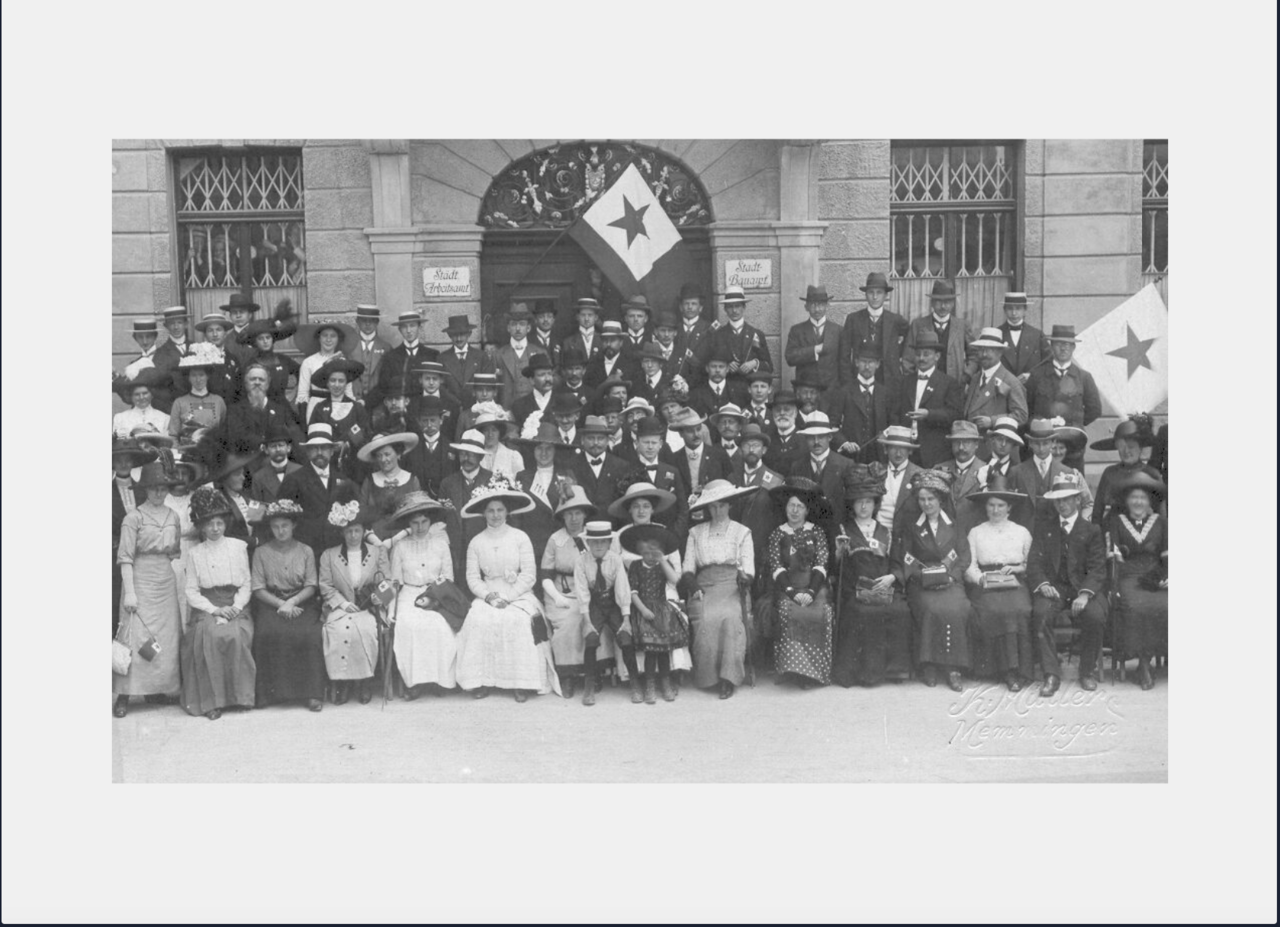
Halfway through this research project, I have realised that progress is not always visible. Some days feel full of momentum — others, like circling the same questions again and again. But beneath the surface, something more valuable is taking shape: a clearer understanding of what it means to engage deeply with a complex topic, even when the answers don’t come quickly.
Becoming a Laidlaw Scholar presents numerous exciting benefits — including resources for personal development, opportunities to grow your skills, and the chance to be part of a vibrant, motivated community. But once you’re actually in the programme, the excitement settles into something quieter — and in many ways, more meaningful: the responsibility to make your presence count, to honour the trust placed in you, and to make the most of the opportunity you have been given.
During my first Laidlaw summer, that responsibility took the shape of a simple, strong desire: to contribute — even in a small way — to an ongoing academic conversation. I have always believed that with the right guidance, motivation, and curiosity, even early-career researchers like us can bring something valuable to the table. That belief has shaped the way I have approached my work so far.
My project, “Beyond Words: Women, Equality, and the Early Esperanto Language Community”, explores whether women in the early 20th century (ca. 1900–1920s) were given a fair and equal platform to shape and influence this emerging global movement — or whether they were side-lined, even in a language created to be neutral and inclusive.
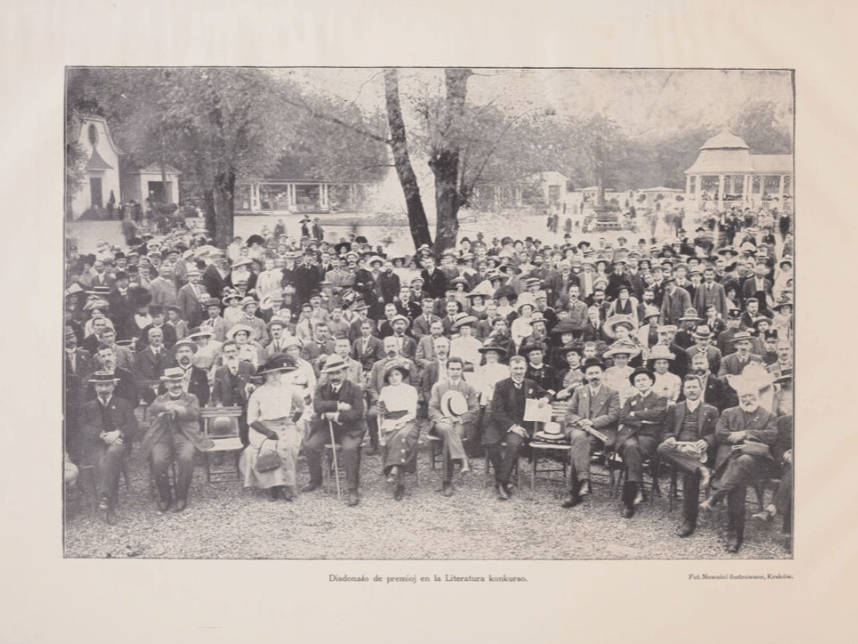
Even before I began, I was aware that six weeks is not a long time for research. I centred my proposal around a practical but important question: What can I realistically achieve within this timeframe? That was not self-doubt, but rather it was a strategy. I wanted a project that was both intellectually compelling and feasible in scope. Something grounded. Something I could shape.
But research, as I have come to learn, rarely moves in straight lines. For every lead I follow, three new questions emerge. A name appears in one source, but has no context. A written work is mentioned, but the original is nowhere to be found. Sometimes, progress feels like walking in circles. It is part detective work, part puzzle-solving, part patience.
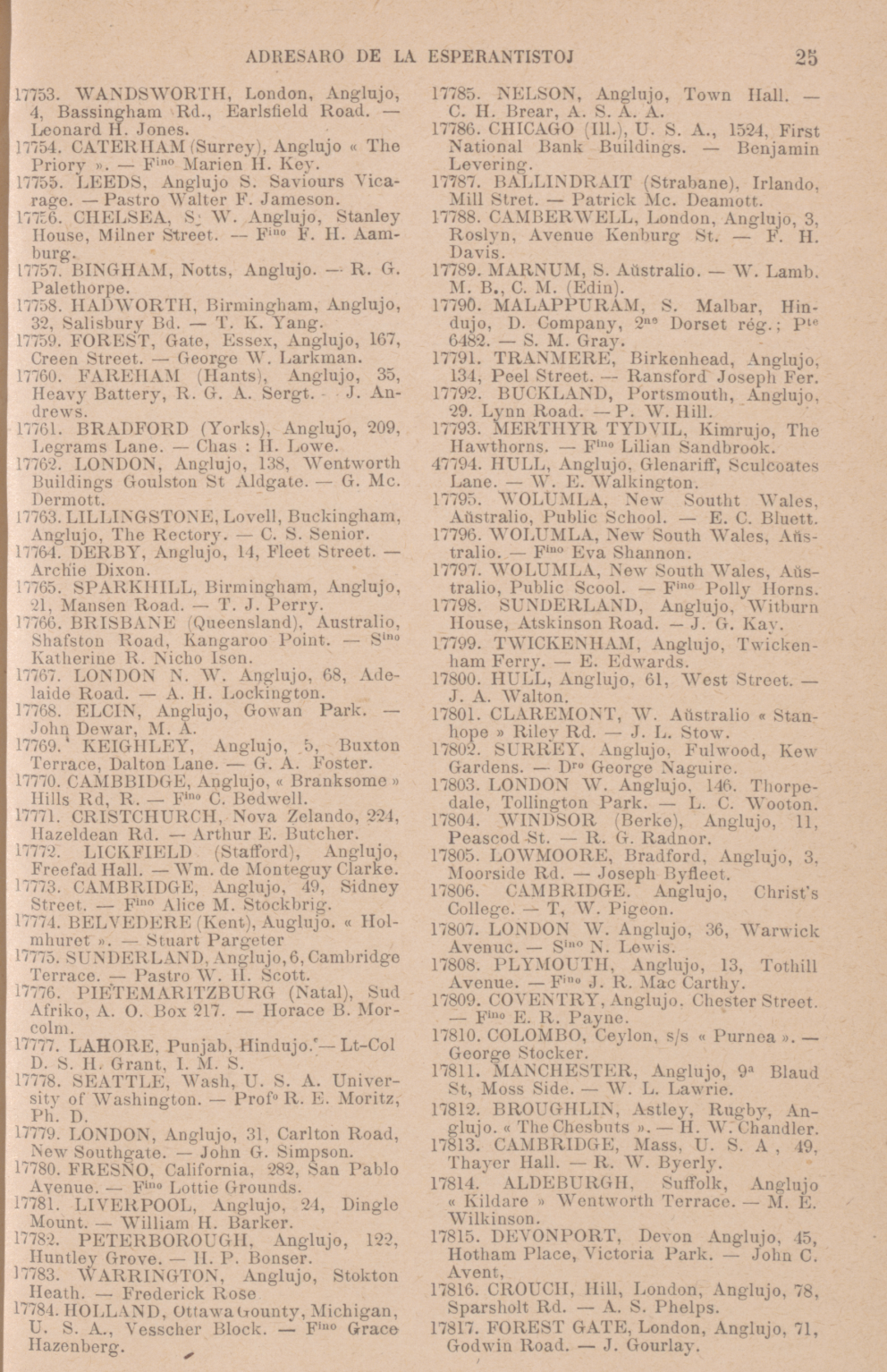
Those moments remind me why I applied in the first place — not to produce a perfect result, but to ask a real question and follow wherever it leads.
As I enter the final stretch, I am narrowing my focus. I want to highlight the clearest and most compelling examples I have found so far — stories that touch on broader themes of ambition, visibility, and belonging. I am learning that “enough” is not a word count, number of individuals found, or a perfectly framed argument. It is whether the work has integrity. Whether it treats the subject — and the absence of details— with respect.
Looking ahead, I would like my final piece to reflect the real complexity of both the topic and the process. Research is not linear. It twists, it stalls, it surprises. It demands more than facts. It demands patience, thoughtfulness, and an openness to where the trail might lead.
In a way, this process mirrors the ideals behind Esperanto itself. The name “Esperanto” means “one who hopes” — a reflection of L. L. Zamenhof’s belief that language could build bridges and foster understanding across boundaries. That idealism has not always been fully realised, especially when it comes to gender and power. But the hope behind it — the idea that change begins with intention, and with people willing to ask different questions — still resonates.
And maybe that's what being a Laidlaw Scholar is about — not having all the answers, but learning to ask better questions. To believe that the effort still matters. To keep going when things are unclear...
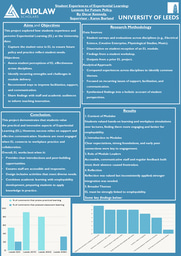
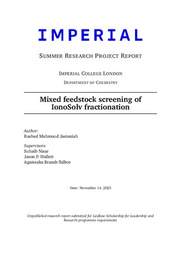

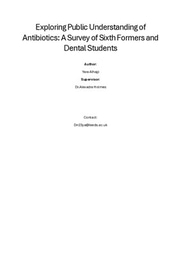
Please sign in
If you are a registered user on Laidlaw Scholars Network, please sign in
You capture the research spirit so perfectly! I loved reading how you navigate the challenges of finding literature to back up previously read literature.
Thanks for the comment :)
Yes, the more you read, the more you realise how much more information you need to understand the whole picture, so it’s an endless search for more context. It is sometimes overwhelming, but so enlightening in the end!
I was pleasantly surprised while reading this how many things resonated with me - it seems you and I have surprisingly similar questions and considerations within our research! I particularly love your emphasis on people's stories, and how the research also reflects your own story of the ups and downs of research. I'm also super conscious of these things, as well as what you mentioned about giving respect and integrity to the sort of pseudo-intimacy that comes with researching people you don't know.
Best of luck with the rest of the research, and let me know if you ever want to chat about these research things :)
Thank you for your kind wishes! Same goes for you :)
It is reassuring to know that many of us come across relatable hurdles, it only proves that no matter the subject and scope, all research provides similar experiences(and similar lessons!). But after all, everything we are concerned about only makes us more observant, perceptive and respectful in our research. We just need to learn how to balance it so that we avoid spiralling into anxiety and burnout.
All the best with your research, and I would love to hear more about your perspective on these themes!